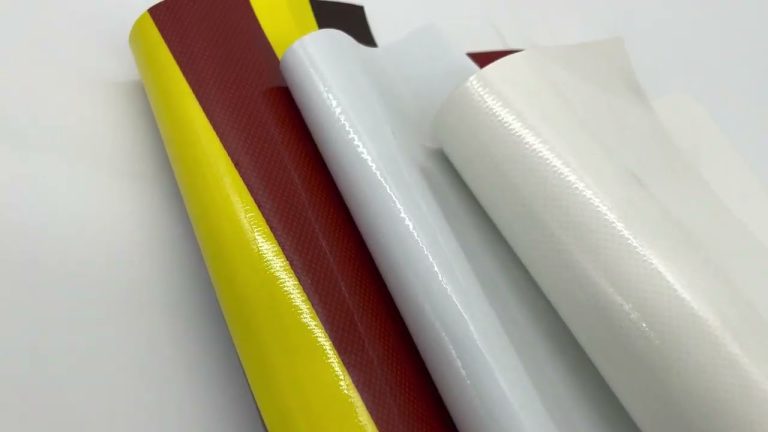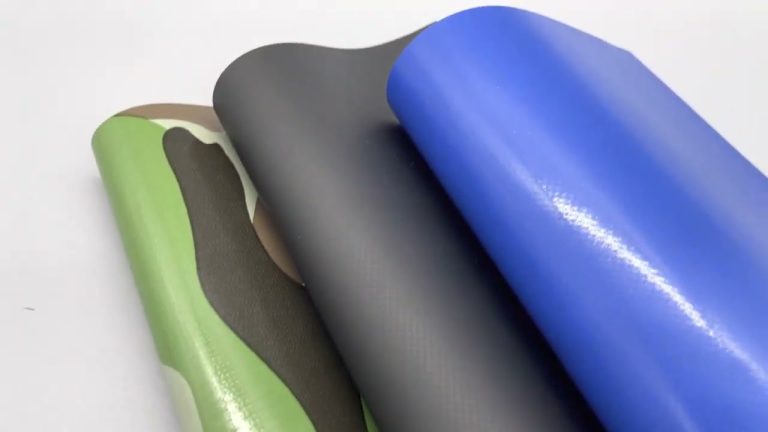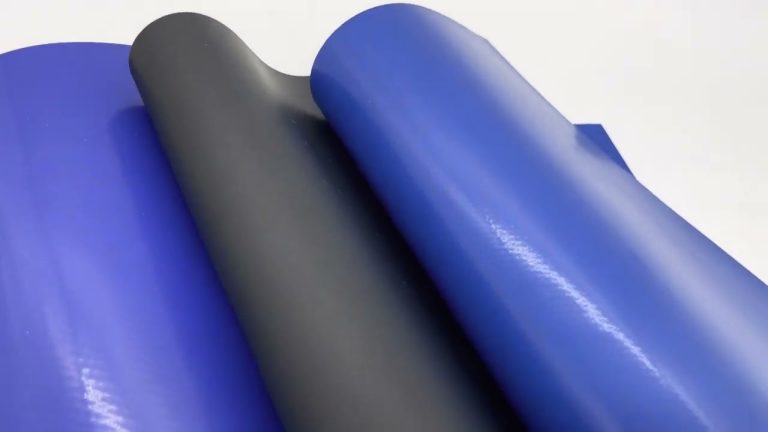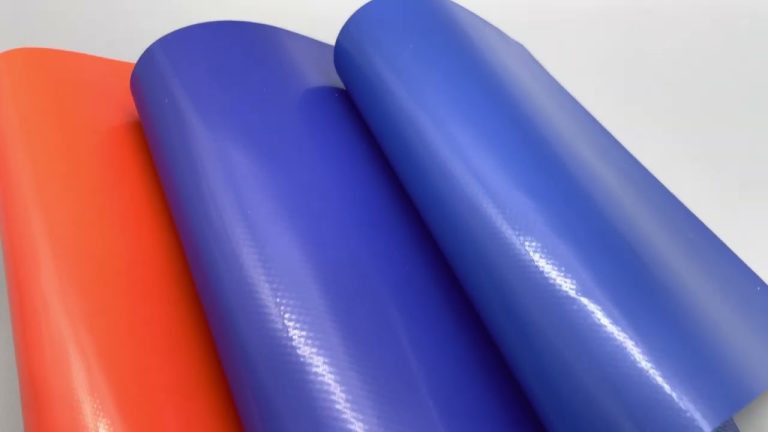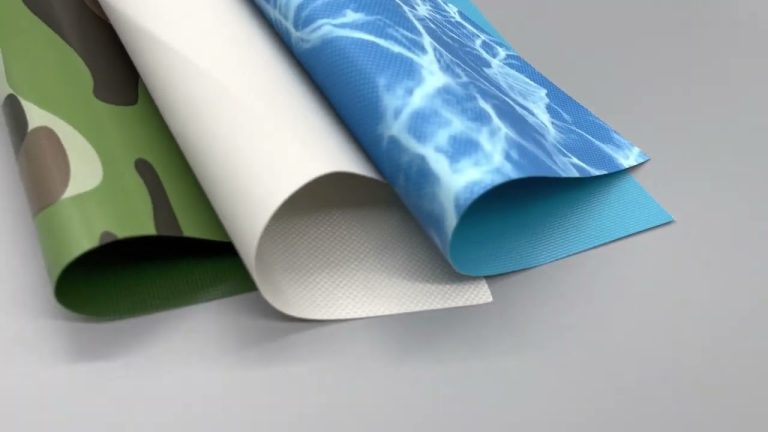SUPER VINYLTARP https://www.vinyltarpaulin.com/shop
Email: dorantsimlw@gmail.com
Please visit our website for more information. You can find links as follows:
https://www.vinyltarpaulin.com/product/pvc-tarpaulin-truck-cover-fabric-1000d1000d-2020-650gsm-23oz
https://www.vinyltarpaulin.com/product/pvc-tarpaulin-truck-cover-fabric-1000d1000d-2020-680gsm-24oz
https://www.vinyltarpaulin.com/product/pvc-tarpaulin-truck-cover-fabric-1000d1300d-2018-610gsm-22oz
Biofloc fish farming tarpaulin material is an innovative solution that has revolutionized the aquaculture industry, particularly in the realm of biofloc-based fish farming systems. This specialized material is designed to create controlled, sustainable environments for fish cultivation while addressing some of the challenges associated with traditional aquaculture methods. Biofloc technology, or BFT (Biofloc Technology), is an advanced fish farming technique that integrates water management, microbial activity, and nutrient recycling to optimize growth and yield. Biofloc fish farming tarpaulin material plays a crucial role in ensuring the success of this system.
One of the primary functions of biofloc fish farming tarpaulin material is to create a watertight and durable pond or tank structure. These tarpaulins are typically made from high-quality, waterproof materials such as polyethylene (PE) or polyvinyl chloride (PVC), which offer excellent resistance to water, UV rays, and microbial degradation. The tarpaulin’s design ensures that the water remains contained and free from external contaminants, which is essential for maintaining the quality of the biofloc system.
In biofloc fish farming, the water quality is managed through the cultivation of beneficial microorganisms that convert organic waste into nutrients, creating a balanced ecosystem. Biofloc fish farming tarpaulin material helps sustain this ecosystem by providing a stable and impermeable environment. The material’s durability ensures that the pond or tank remains intact over time, reducing the need for frequent repairs or replacements. This not only saves costs but also minimizes disturbances to the fish and microbial populations.
Another critical advantage of biofloc fish farming tarpaulin material is its flexibility and ease of installation. Unlike traditional concrete tanks, which require significant time, labor, and resources to construct, tarpaulin-based systems can be set up quickly and at a lower cost. Farmers can easily customize the size and shape of their ponds to suit their specific requirements. Additionally, these tarpaulins are lightweight and portable, making them ideal for rural or remote farming locations where infrastructure may be limited.
Sustainability is a key feature of biofloc fish farming, and biofloc fish farming tarpaulin material aligns with this goal. The materials used in these tarpaulins are often recyclable or made from eco-friendly components, reducing environmental impact. The closed-loop system enabled by tarpaulin ponds minimizes water usage, as the water is continuously recycled and filtered through the biofloc process. This makes biofloc fish farming an environmentally friendly alternative to traditional methods, which often rely on high water consumption and chemical inputs.
Moreover, biofloc fish farming tarpaulin material contributes to cost efficiency in the long run. By creating a controlled environment that enhances fish growth and reduces disease risks, farmers can achieve higher yields and profitability. The reduced need for external inputs, such as feed and chemicals, further lowers operational costs, making biofloc fish farming a financially viable option for small-scale and large-scale producers alike.
In conclusion, biofloc fish farming tarpaulin material is an essential component of modern aquaculture systems. Its ability to create durable, watertight environments, combined with its flexibility, sustainability, and cost-effectiveness, makes it an invaluable tool for farmers adopting biofloc technology. As the demand for sustainable fish farming grows, the use of biofloc fish farming tarpaulin material is likely to expand, paving the way for more efficient, eco-friendly, and profitable aquaculture practices worldwide.

